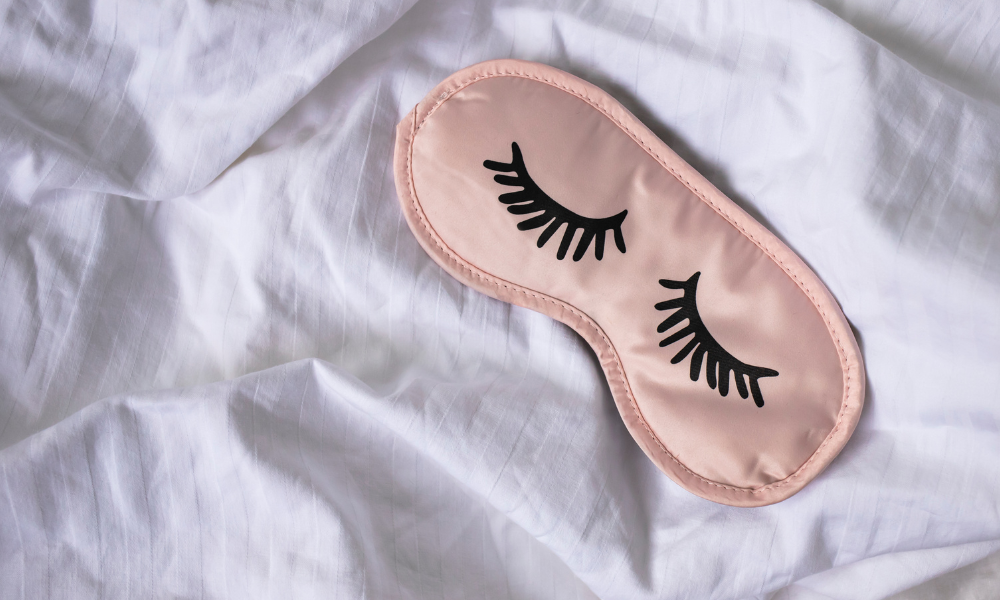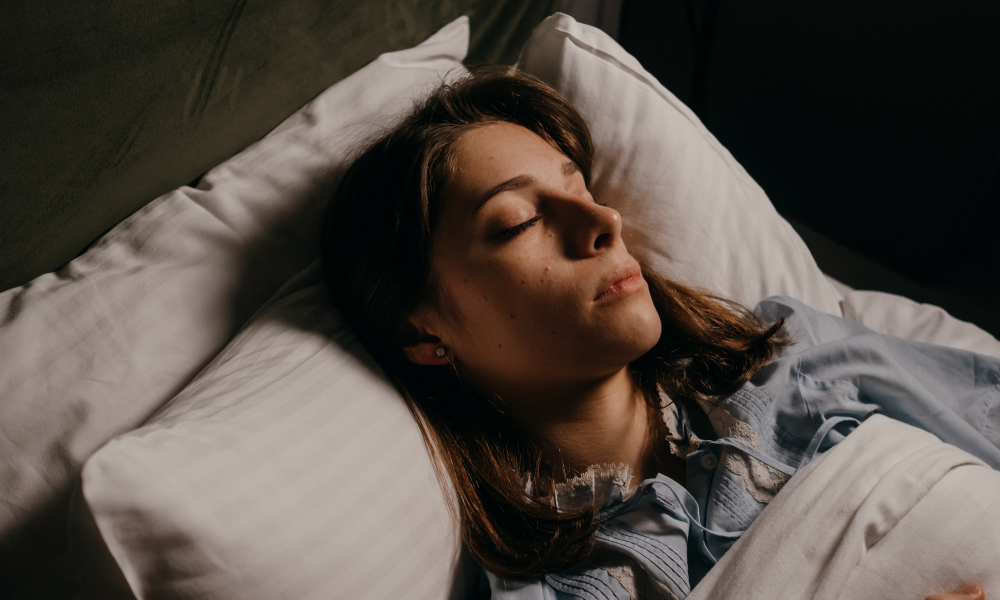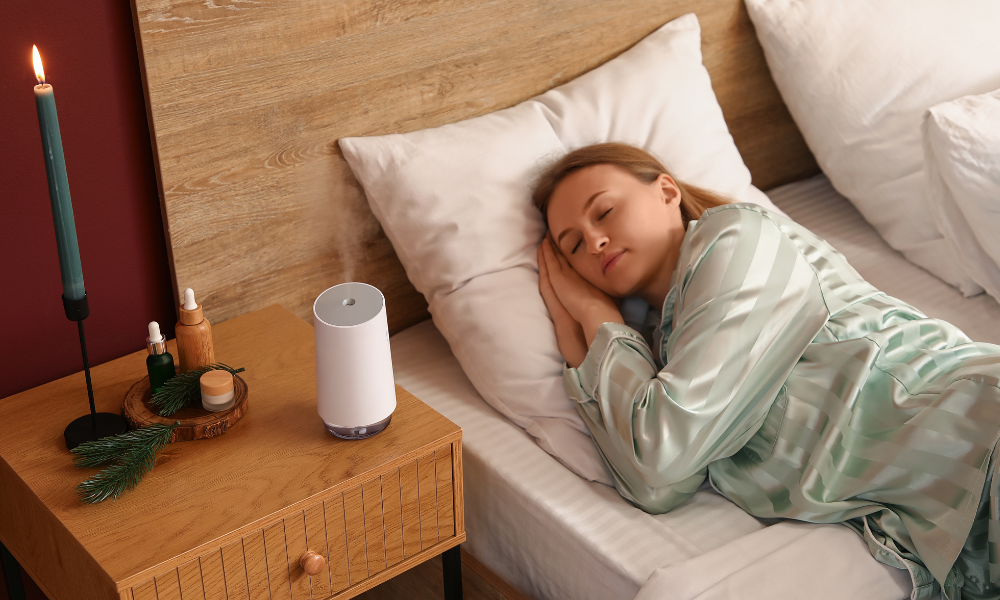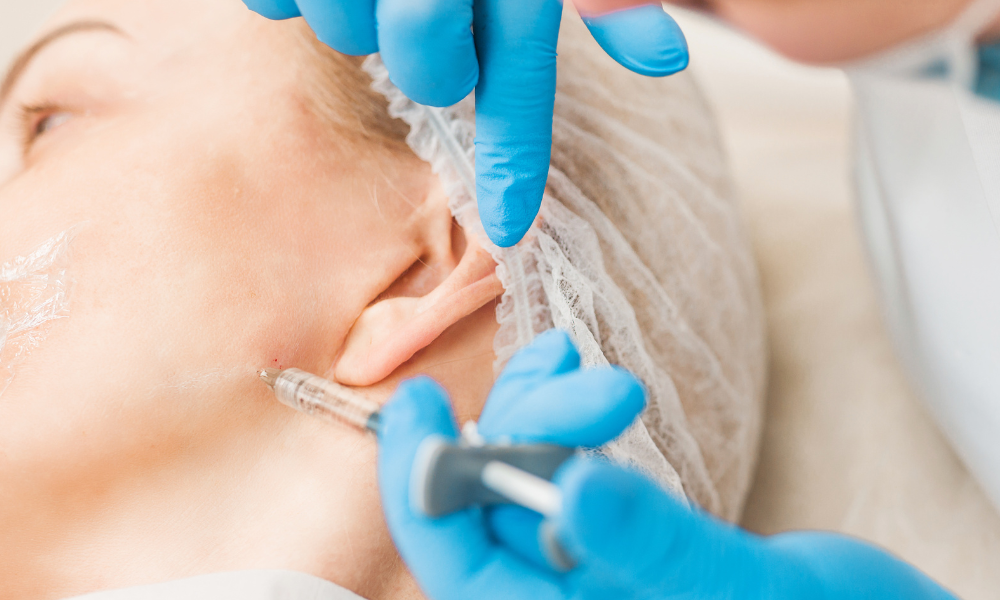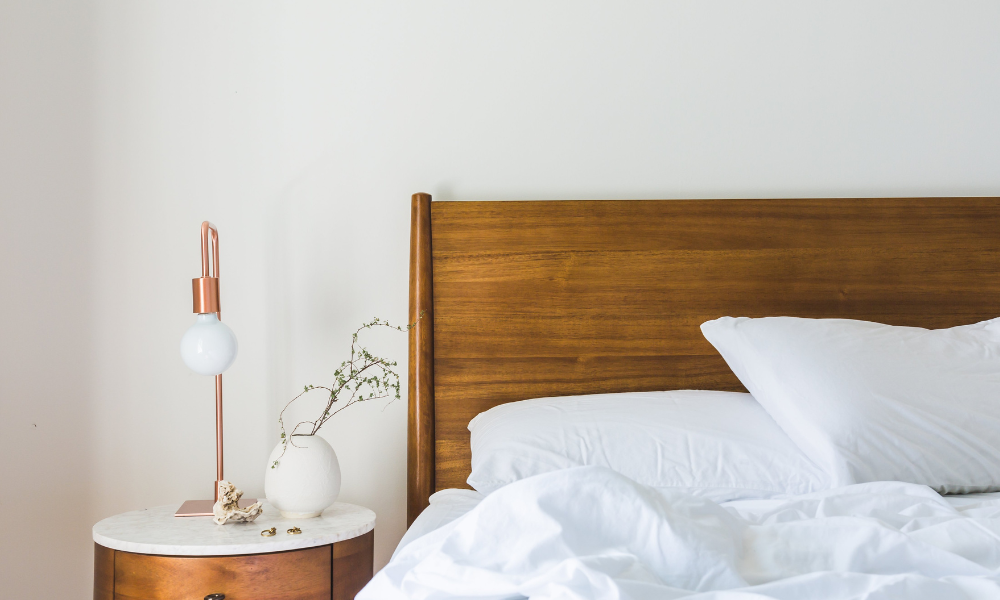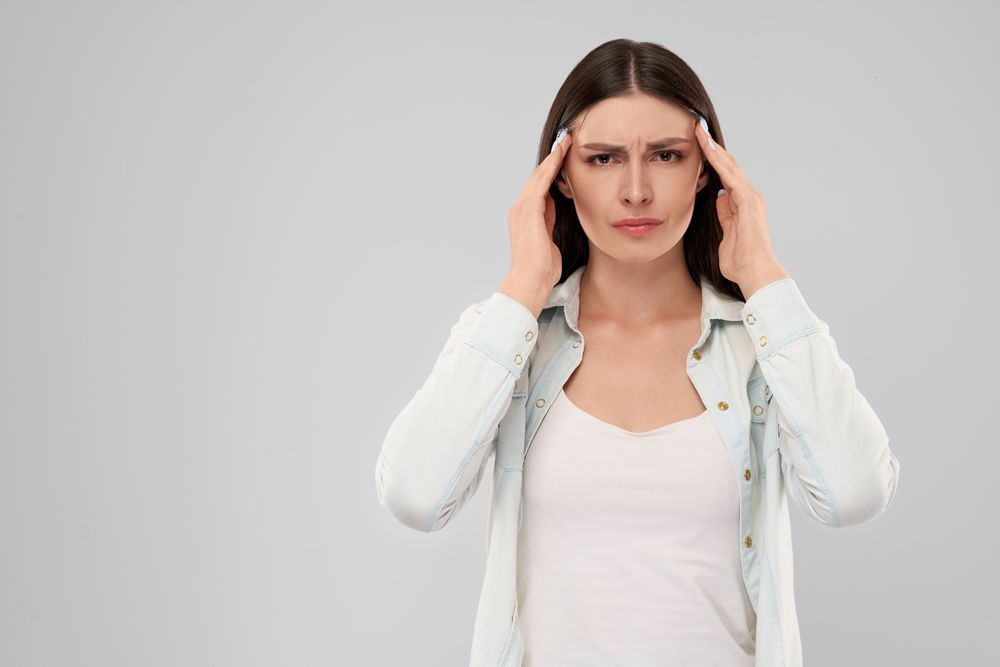
Living with neuropathic orofacial pain can be challenging, as it can significantly impact your daily life and overall well-being. Through understanding the causes, symptoms, and management strategies, you can take charge of your pain and work towards finding relief. This article aims to provide you with an in-depth understanding of neuropathic orofacial pain, empowering you with the knowledge to make informed decisions about your health and treatment options.
Neuropathic orofacial pain refers to a type of chronic pain that occurs in the face, mouth, or oral structures due to damage or dysfunction in the nerves that transmit pain signals. Unlike other forms of orofacial pain, which may be caused by injury or inflammation in the affected area, neuropathic pain often persists even when the initial cause is no longer present. In some cases, the pain may be a result of direct nerve damage, while in other cases, it may be due to an alteration in the way pain signals are processed by the brain.
At Columbia Center for Sleep Apnea and TMJ, Dr. Bloxham is dedicated to helping individuals manage their neuropathic orofacial pain through a comprehensive and multidisciplinary approach. Treatment options for neuropathic pain may include medications, nerve blocks, physical therapy, biofeedback, relaxation techniques, and, in some cases, surgical interventions. By working with a team of experts who understand the intricacies of neuropathic pain, you can develop a tailored treatment plan aimed at managing your condition and improving your quality of life.
Causes of Neuropathic Orofacial Pain
- Trigeminal Neuralgia
Trigeminal neuralgia is one of the most common causes of neuropathic orofacial pain. It occurs due to irritation or damage to the trigeminal nerve, responsible for transmitting sensory information from the face and mouth to the brain. Individuals with trigeminal neuralgia experience intense, episodic pain described as electric shock-like sensations, typically triggered by daily activities such as eating, speaking, or touching the face. This condition can be caused by various factors, such as pressure from blood vessels, tumor growth, or nerve compression due to a facial fracture. - Post-Traumatic Neuralgia
Post-traumatic neuralgia refers to persistent nerve pain that develops after a facial injury or trauma. This can include injuries resulting from surgical procedures, car accidents, or falls. The traumatic event can cause direct nerve damage or create nerve compression from scar tissue or swelling in the affected area. Post-traumatic neuralgia can manifest as continuous burning pain, tingling sensations, or sensitivity to touch in the areas surrounding the injury. - Atypical Odontalgia
Atypical odontalgia, also known as phantom tooth pain, is a type of neuropathic pain that persists after a tooth extraction or other dental procedures. Despite the absence of any visible dental pathology, patients experience constant pain in the area where the tooth was removed or the surrounding teeth. Atypical odontalgia is thought to result from nerve damage during the dental procedure or altered pain processing in the brain, leading to persistent and disabling pain. - Other Causes
Several other causes of neuropathic orofacial pain may include nerve injuries from dental injections, infections such as shingles, and certain autoimmune or genetic disorders that affect the peripheral nervous system. Additionally, multiple sclerosis and brain lesions can also lead to neuropathic pain in the orofacial region.
Symptoms of Neuropathic Orofacial Pain
The symptoms associated with neuropathic orofacial pain may vary significantly between individuals and depend on the specific cause and nerve(s) involved. Some common symptoms include:
- Intense, sharp, stabbing, or shooting pain in the face or mouth.
- Burning or tingling sensations.
- Extreme sensitivity to touch, temperature, or pressure on the affected area.
- Pain that is episodic and triggered by seemingly mundane actions, such as talking, brushing teeth, or exposure to cold air.
- In some cases, unrelenting pain causes significant distress and impacts on daily functioning.
Management Strategies for Neuropathic Orofacial Pain
- Medication
Various medications are available to help manage neuropathic orofacial pain. Anticonvulsant medications, such as gabapentin and pregabalin, are often used to treat nerve pain by stabilizing abnormal electrical activity in the nervous system. Tricyclic antidepressants, like amitriptyline, can help alleviate pain by modifying the way pain signals are processed in the brain. Over-the- counter pain relievers, such as NSAIDs or acetaminophen, or prescription pain medications may also be helpful in managing more severe pain symptoms. - Nerve Blocks
Nerve blocks involve injecting a local anesthetic or corticosteroid near the affected nerve to provide temporary pain relief. This procedure can help break the cycle of pain and may provide lasting relief in some cases, allowing individuals to participate in physical therapy or other treatments for nerve pain management. - Physical Therapy
Physical therapy can help alleviate neuropathic orofacial pain by addressing underlying factors contributing to the pain, such as muscle tension or poor posture. Exercises to improve muscle strength and flexibility, as well as relaxation techniques to reduce stress, can help improve overall pain management. - Biofeedback
Biofeedback involves learning how to control specific physiological processes, such as muscle tension or skin temperature, to help alleviate pain. This technique can be particularly helpful for individuals experiencing exacerbated pain due to stress or anxiety.
Conclusion
Neuropathic orofacial pain can be a challenging and life-altering condition, but with proper knowledge and support, you can actively manage your pain and improve your quality of life. By understanding the possible causes, identifying the specific symptoms, and exploring various management strategies, you can take a proactive role in finding the most effective treatment plan for your neuropathic orofacial pain. At Columbia Center for Sleep Apnea and TMJ, Dr. Bloxham, a TMJ pain doctor, can provide personalized care and expert guidance to help you navigate this complex condition and work towards finding relief.
